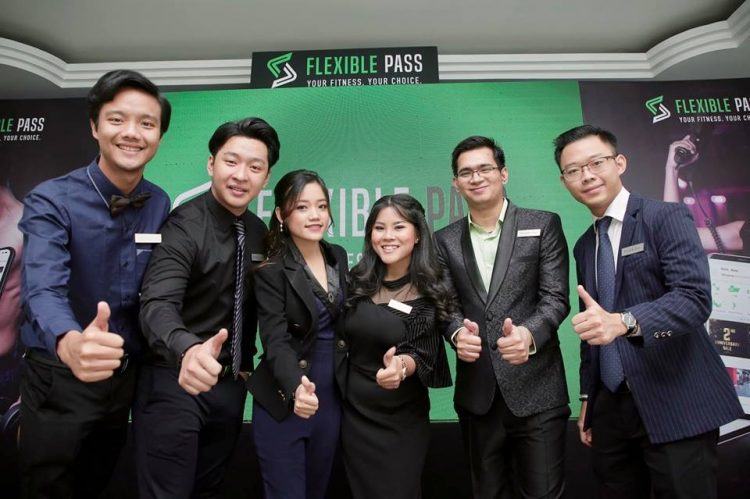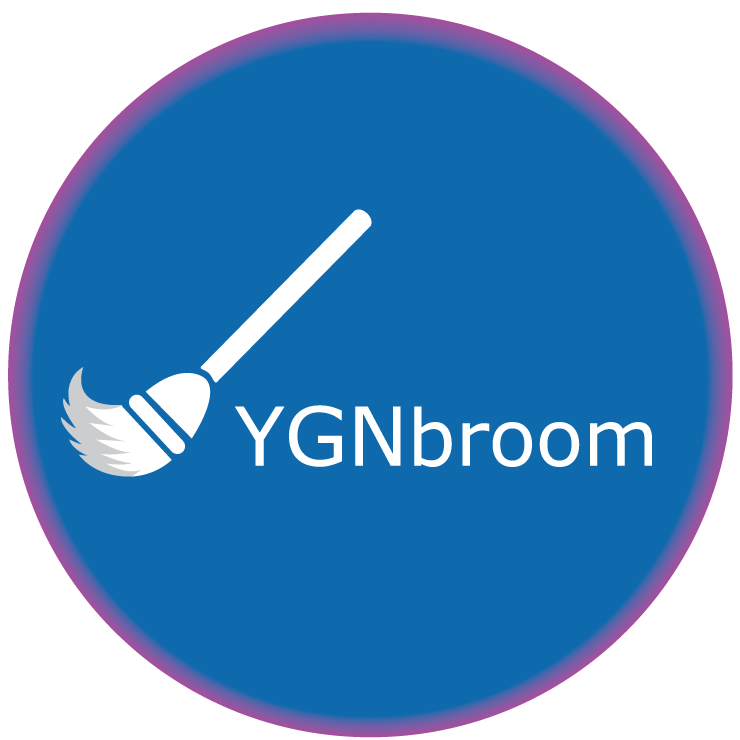The health and fitness platform from Myanmar Flexible Pass has completed its fundraising round worth of six-digit dollar closed by Nest Tech, a VC firm that actively backs startups in Myanmar, Vietnam, and Singapore. Participating in the round were Seed Myanmar and Yangon Capital Partners (YCP), which is the investment arm of the financial advisory firm, Trust Venture Partners (TVP).

Nest Tech invests in Flexible Pass
The company plans to use the funding to expand into new markets such as beauty & lifestyle and to cover neighbouring city Mandalay, the second largest city in population.
Flexible was founded in June 2017 by CEO Sully Bholat, CEO and Founder of Flexible Pass, who told e27 that he “was very inspired” by US-based fitness class subscription platform ClassPass in the US. When he saw a similar platform, GuavaPass, emerge in Asia, he started work on bringing his own version of it to Myanmar.
“I noticed there was no one else who’s doing a fitness startup in Myanmar at that time, and I see a big market opportunity there, so I tried to start it to get the first-mover advantage in the country,” he said.
The difference between Flexible Pass and the aforementioned fitness class platforms is that in place of a subscription package, users book classes on a “pay-as-you-go model with reload packages.”
“Our initial model was like a subscription-based model like ClassPass and GuavaPass but we quickly learned that users in Myanmar don’t like the idea of the subscription model and putting a a maximum limit on the number of times users can visit a studio in a month,” said Bholat.
There are currently 3 reload packages available for users to buy and they are 30 points, 50 points and 100 points where 1 point = US$1. All the points are valid for use for 6 months from the date of purchase. Users can pay for these packages using cash or bank transfers.
Flexible Pass has partnered with 80 gyms and fitness centres in Yangon. It currently has about 500 monthly active users with about 2,000 bookings made monthly.
Flexible Pass’ users take an average of 4 classes or fitness activities per month. Bholat claims that users can save up to 40 per cent by booking through the platform instead of paying the walk-in-rates of its partner fitness centres and gyms.
“We have over 1,000 unique users of Flexible Pass so far and about 10,000 bookings have been made so far since it officially launched on June 2017. Initially, the usage rate has been low but we have seen a big increase in growth in the year of 2018,” said Bholat.
The low usage the result of a chicken and egg problem: the company could not get enough users as there were few top fitness centres and gyms on the platform and the centres themselves were reluctant to sign up as there were few users.
Bholat believes that Flexible Pass will be able to hit profitability in two to three years.
Flexible Pass was a winner of Rice Bowl’s ‘Startup of the Year in 2017’ and ‘Best HealthTech Startup of the Year’ in 2017 and this year consecutively in Myanmar. It was also a graduate of Phandeeyar-based Founder Institute.
“Flexible Pass has huge potential to become a major regional player in this sector with its disruption in the traditional fitness industry. We look forward to being a part of the growth and success of this startup,” said Soe Moe Kyaw Oo, Founder and Managing Partner Nest Tech.
Source from e27.co


 July 28, 2022
July 28, 2022 


